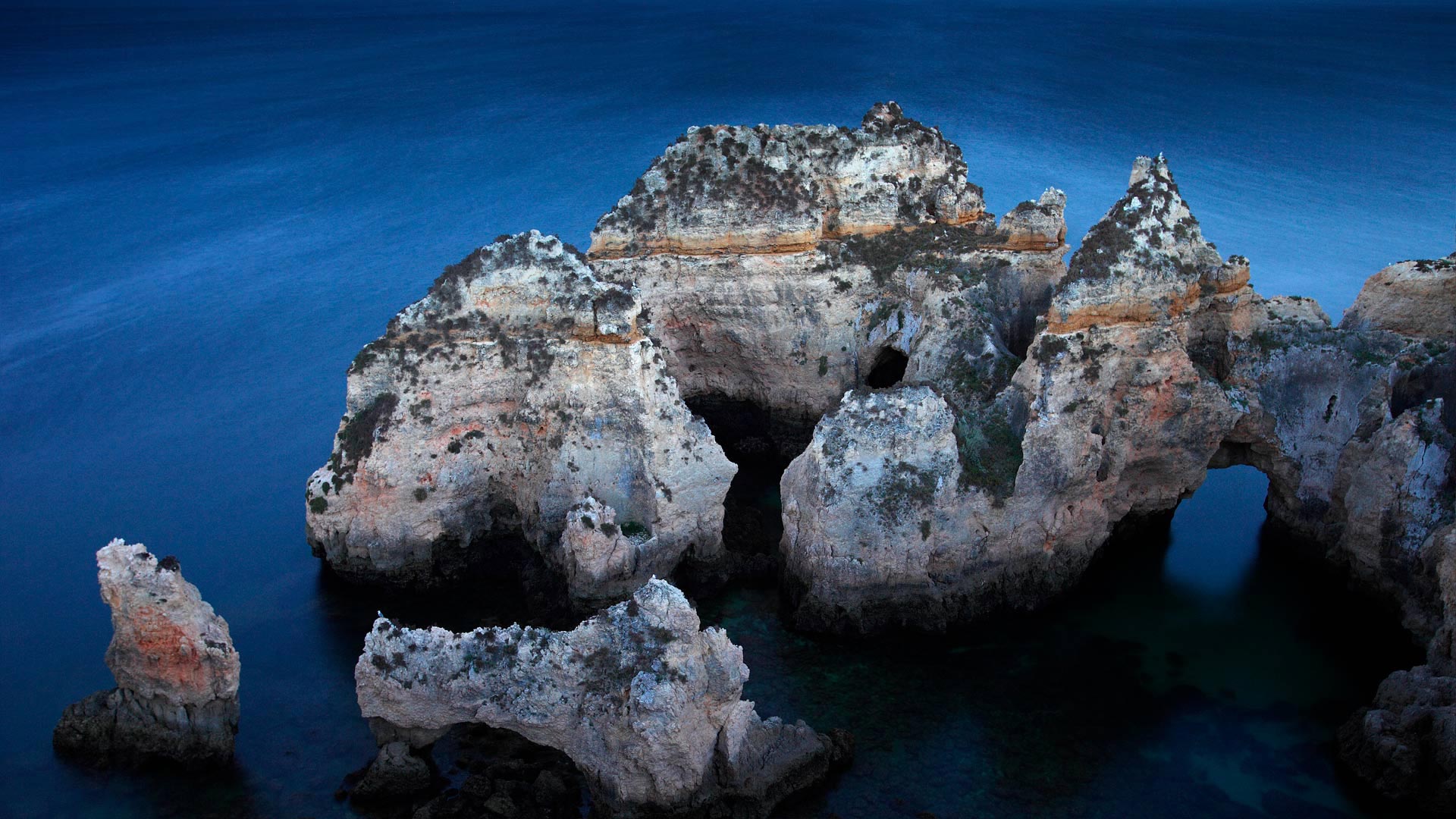Honduran Community Fights Back Against Incinerator Proposal
The small community of La Ceiba in Honduras is fighting against a proposal to build an incinerator in their area. The proposed incinerator, which would be operated by a foreign company, has sparked outrage among the residents who fear the environmental and health impacts it could have on their community. The fight against the incinerator has become a rallying cry for the residents, who are determined to protect their community and preserve their way of life.
The proposal for the incinerator comes at a time when Honduras is already facing a number of environmental challenges, including deforestation, water pollution, and air pollution. The incinerator would only exacerbate these issues, as it would release harmful pollutants into the air and contaminate the water and soil.
The community of La Ceiba has banded together to fight the incinerator proposal, organizing protests, gathering signatures for petitions, and working with environmental organizations to raise awareness about the potential impacts of the incinerator. They have also sought legal assistance to challenge the proposal in court, arguing that it violates their rights to a healthy environment.
At the heart of the community’s fight against the incinerator is a deep love for their land and a commitment to preserving it for future generations. Many residents rely on agriculture and fishing for their livelihoods, and they fear that the incinerator would destroy the natural resources they depend on.
The community has also pointed out the disproportionate impact the incinerator would have on low-income and marginalized communities. These communities are often the most vulnerable to environmental pollution and are least able to cope with its impacts.
The fight against the incinerator has gained support from people across Honduras and beyond, with solidarity marches and demonstrations being held in other parts of the country. The community has also received international support from environmental organizations and human rights groups, who have spoken out against the incinerator proposal and offered assistance to the residents.
The community’s resistance to the incinerator has not gone unnoticed by the government, which has been forced to reconsider the proposal in the face of mounting public pressure. The community’s determination and resilience has inspired others to join the fight against environmental injustice and has sparked a broader conversation about the need for sustainable and equitable development in Honduras.
In the midst of their fight, the residents of La Ceiba have also been working to develop alternative solutions to the waste management challenges facing their community. They have been exploring composting, recycling, and other sustainable waste management practices that would reduce the need for incineration and minimize their environmental impact.
The battle against the incinerator proposal is far from over, but the community of La Ceiba has shown that when people come together to protect their land and their rights, they can make a difference. Their fight is a reminder that environmental justice is a fundamental human right, and that communities have the power to resist destructive development projects and create a more sustainable future for all.
FAQs
Q: What are the potential environmental and health impacts of the proposed incinerator?
A: The incinerator would release harmful pollutants into the air, soil, and water, causing air pollution, water contamination, and soil degradation. This could lead to a range of health issues for the residents, including respiratory problems, skin diseases, and other illnesses.
Q: How can the community fight back against the incinerator proposal?
A: The community has been organizing protests, gathering signatures for petitions, seeking legal assistance, and working with environmental organizations to raise awareness about the potential impacts of the incinerator. They have also been exploring alternative waste management solutions that would reduce the need for incineration.
Q: What is the government’s response to the community’s resistance to the incinerator proposal?
A: The government has been forced to reconsider the proposal in the face of mounting public pressure. The community’s determination and resilience has inspired others to join the fight against environmental injustice and has sparked a broader conversation about the need for sustainable and equitable development in Honduras.
Q: How can people support the community’s fight against the incinerator proposal?
A: People can show their support by joining solidarity marches and demonstrations, raising awareness about the issue, and donating to organizations that are working to support the community. They can also pressure their own governments and companies to hold the foreign company accountable for its actions.
Honduran Community Fights Back Against Incinerator Proposal




